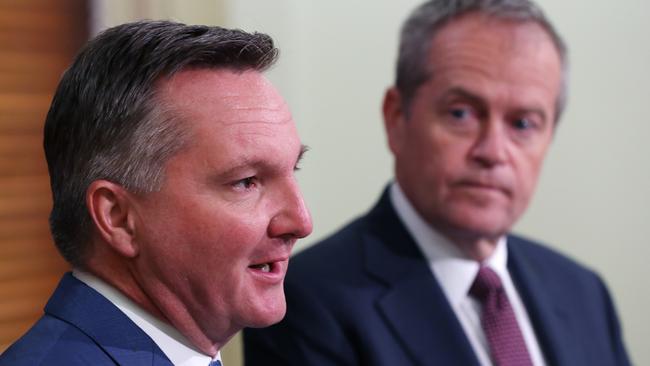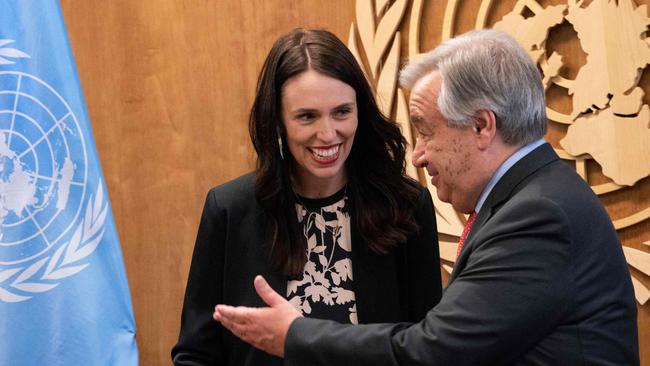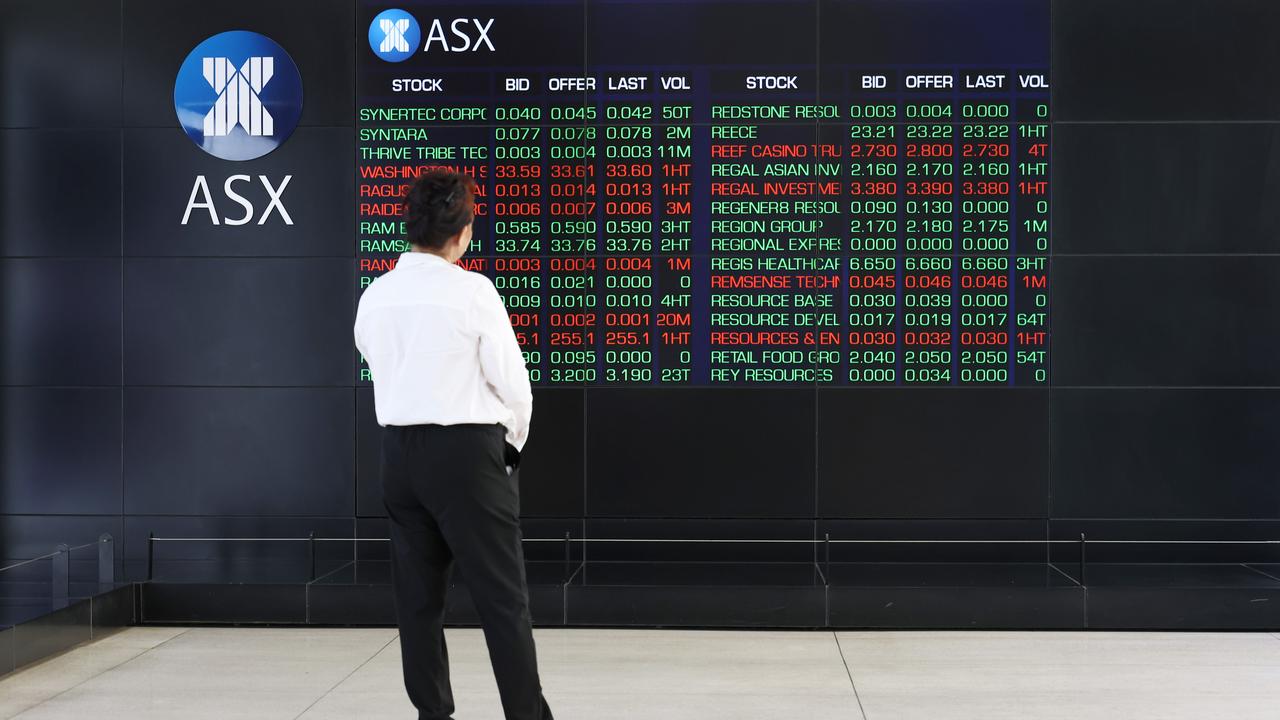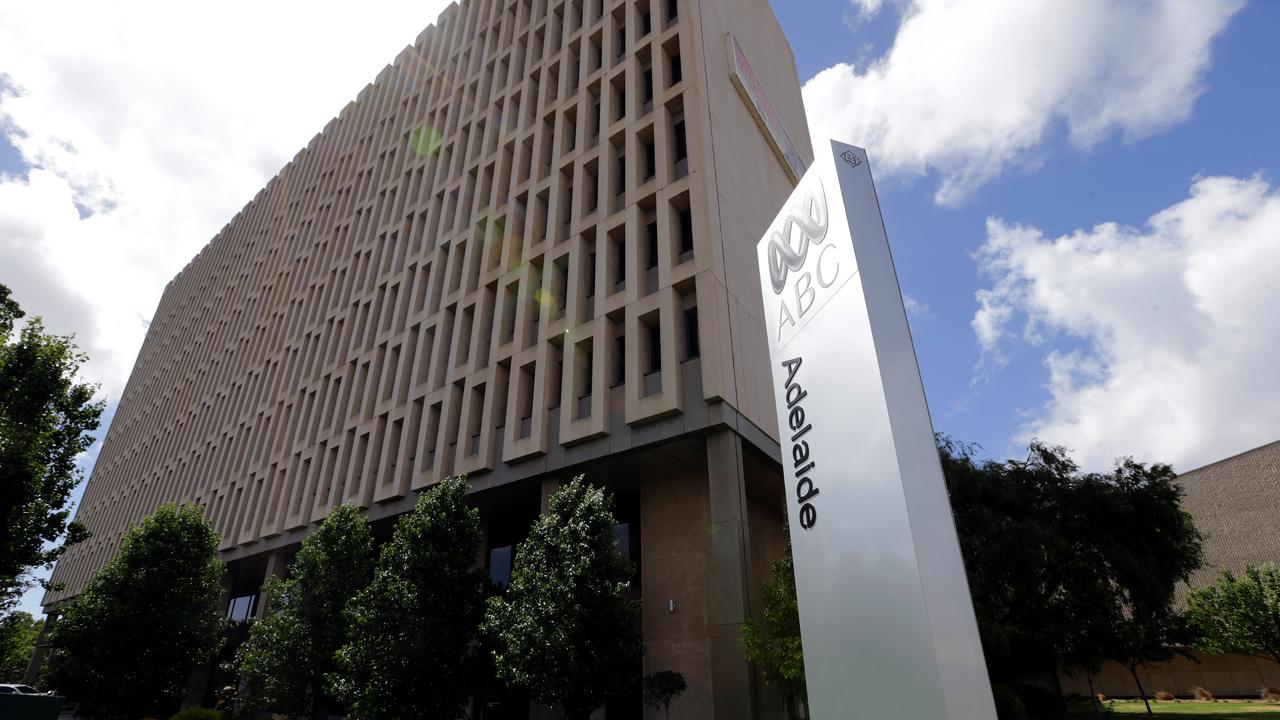Labor win would drag on growth, hit dollar, say economists
The proposed $34 billion tax hike would sap consumer spending and see the Australian dollar tumble, economic experts claim.

Labor’s proposed $34 billion tax hike over the next two years would drag down economic growth, sap consumer spending and see the Australian dollar tumble below US65c, two economic experts have claimed.
The combination of Labor’s estimated annual tax increases of $17bn and spending increases of $3bn would reduce economic growth by around 10 per cent over the next couple of years, according to a Capital Economics research note written by Marcel Thieliant and Ben Udy.
“Labor’s proposals for a number of regulatory changes could worsen the investment climate and dampen business confidence, but we think their impact on economic growth would be small,” said Mr Thieliant, who is Capital’s senior Australia and New Zealand economist.
“All told, a Labor victory would probably lead to weaker economic growth over the next couple of years,” he added.
Sent to investors around the world on Tuesday, the research note tips a Labor victory at next year’s election. It also forecasts consumption growth, which has been the mainstay of economic growth in recent years, would fall by 0.3 percentage points in each of 2019 and 2020.
“Adding in the negative wealth effect from falling houses prices and still weak income growth, we expect consumption growth to slow from 2.9 per cent this year to 2.0 per cent in 2019,” it says.

Australia’s economy grew 3.4 per cent over the year to June, based on strong growth in household consumption.
“The experience from last year’s election in New Zealand suggests that a Labor victory may cause the Australian dollar to weaken even more than our existing forecast of a drop to US65c by the end of next year,” it says. The local currency has fallen around 10 per cent already this year to US72c.
“Most of the tax privileges Labor intends to abolish have benefited high income earners. They may not change their spending behaviour much if those exemptions are removed,” the note says.
Thieliant and Udy say it is “more difficult to put a price tag on Labor’s proposals.
“The party wants to increase spending on the higher education TAFE scheme, without having specified any amount,” their note says.
“And while Labor has pledged support for a number of infrastructure projects, most of those have already been started.”




